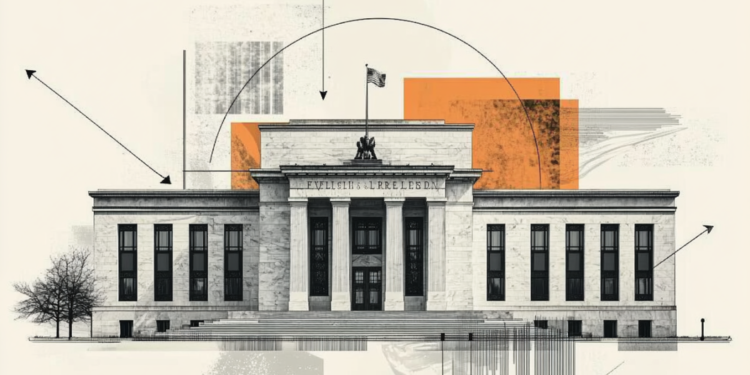With a focus on weight loss, it is common for people to seek strategies without medical advice. The list includes different types of diets, exhausting fasts or strict food restrictions.
However, the “miracle formulas”, widely available on the internet, may have the opposite result than expected, in addition to increasing the risk of negative impacts on the body.
Among the pitfalls is the popular belief that skipping one of the meals of the day can help you lose weight. The idea that eating at night favors weight gain makes people skip meals or look for substitutes such as snacks, for example.
Nutritionist Angelica Grecco, from the EndoVitta Institute, points out that skipping meals can lead to four negative impacts, such as nutritional deficit, reduced metabolic expenditure, hormonal imbalances and a drop in reasoning.
“If you skip a meal, you could be missing out on important nutrients you need to stay healthy. Every meal plays an important role for the body to function well. A lack of these nutrients can lead to malnutrition and long-term health problems,” says Angelica. “Fasting can cause the body to reduce energy expenditure in order to reduce the risk of malnutrition. In addition, it can lead to loss of muscle mass, ”she adds.
By skipping meals, there may be damage to the hormones responsible for controlling appetite and metabolism. “This can lead to binge eating and make you more likely to overeat later on,” she says.
The habit can also lead to a slowing down of reasoning and impact on performance. “Skipping a meal can lead to low energy levels and difficulty concentrating throughout the day. This could affect work or school, for example.”
The real reasons for weight gain
Excessive weight gain is associated with an imbalance between calorie intake and energy expenditure, according to the Ministry of Health. In addition, a set of factors influence obesity, such as the individual’s genetic and social issues, including the availability, cost and access to natural or minimally processed foods.
“Weight gain usually occurs when total caloric intake is greater than energy expenditure. However, skipping meals can affect basal metabolism and nutrient absorption, which can make long-term weight loss difficult,” says Angelica.
In this context, the choice of food consumed – whether snacks or meals, can make a difference.
A balanced diet, including rice, beans, legumes and vegetables, as well as protein, can contribute to weight maintenance and proper body function. For those who want to replace dinner with a small meal, priority should be given to healthy foods, such as dried or fresh fruit, milk, natural yogurt, chestnuts or nuts, among others.

How to maintain ideal weight
The ideal weight varies according to the height and weight of each individual. The body mass index (BMI) is calculated by dividing a person’s weight (in kilograms) by height (in meters) squared – learn more here.
For weight maintenance, experts recommend consuming a balanced diet.
“Consume a variety of healthy foods, including fruits, vegetables, lean proteins, whole grains and healthy fats. Avoid processed foods that are high in sugar and saturated fat. Stay hydrated by drinking enough water,” says Angelica.
The nutritionist recommends reducing portions and distributing calorie intake throughout the day.
“Try to eat adequate portions for your individual needs and avoid exaggeration. It is important not to skip meals. Distribute your caloric intake throughout the day, fractioning will help with weight loss and control of basal metabolic expenditure, ”she says.
The regular practice of physical exercises is also associated, among other benefits, with weight maintenance. The World Health Organization (WHO) recommends a minimum of 150 to 300 minutes of aerobic activity per week for healthy adults and an average of 60 minutes per day for children and adolescents.
“Exercise helps increase energy expenditure, strengthen muscles and improve physical conditioning. To lose weight, it’s important to create a caloric deficit, consuming fewer calories than your body expends. However, it is essential not to drastically reduce calories, as this can lead to nutritional deficiencies and slow down the metabolism”, he concludes.
Source: CNN Brasil
I am an experienced journalist and writer with a career in the news industry. My focus is on covering Top News stories for World Stock Market, where I provide comprehensive analysis and commentary on markets around the world. I have expertise in writing both long-form articles and shorter pieces that deliver timely, relevant updates to readers.







